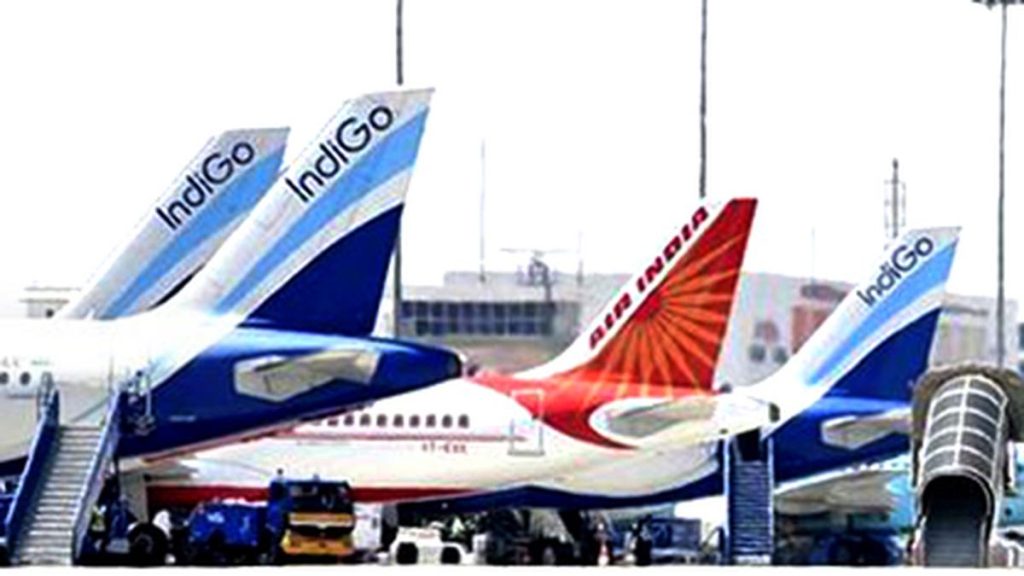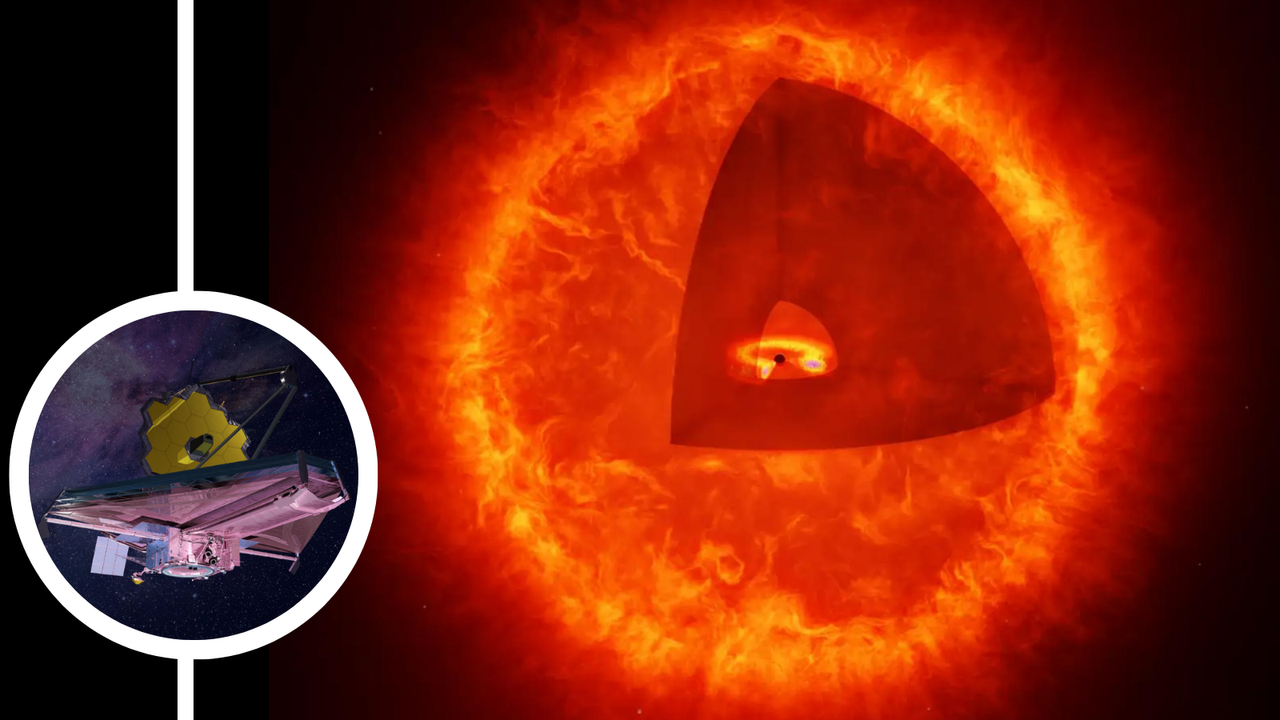Now Reading: Firefly Aerospace’s Alpha Rocket Set for Relaunch After April 29 Setback
-
01
Firefly Aerospace’s Alpha Rocket Set for Relaunch After April 29 Setback
Firefly Aerospace’s Alpha Rocket Set for Relaunch After April 29 Setback

Rapid Summary
- Firefly Aerospace’s Alpha rocket has been cleared by the U.S. Federal Aviation Administration (FAA) to resume launches after a months-long review into its April 29, 2025 failure.
- The “Message in a Booster” mission failed due to extreme heat buildup caused by plume-induced flow separation and a steep ascent angle during launch,resulting in structural damage to Alpha’s first stage.
- Damage led to compromised thrust capabilities and prevented the payload – Lockheed Martin’s LM 400 satellite technology demonstrator – from reaching orbit. Both rocket stages safely splashed down in pre-cleared zones near Antarctica without public danger.
- Despite failure, the second stage reached an altitude of 198 miles (320 km), just three seconds short of orbital velocity.
- Firefly is reinforcing thermal protection systems and reshaping flight profiles for better reliability on future launches; modifications aim to improve resilience.
- Preparations for Alpha Flight 7 are underway as Firefly works toward securing its position in the small-satellite launch market.
Indian Opinion Analysis
The FAA clearance following exhaustive investigations signifies a vital step forward for SpaceTech innovation and operational safety standards globally. As India’s space ecosystem grows through ISRO initiatives and burgeoning startups, lessons from instances like this could guide India’s space sector in bolstering design robustness and risk mitigation strategies under varying conditions. International collaboration on challenges faced by private players such as Firefly enables shared learning across nations tackling similar satellite missions or commercial ventures. The incident also highlights the competitive demands of small-satellite markets that Indian companies aspire to lead while maintaining cost-efficiency without compromising reliability.























